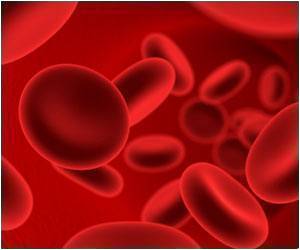An astronaut's weight plays a key role in the visual changes, as gravity levels in space reduce and can lead to spaceflight-associated neuro-ocular syndrome (SANS) in some astronauts.

‘Reduced gravity levels in space can lead to spaceflight-associated neuro-ocular syndrome (SANS) in some astronauts, as a person's weight plays a significant role in these visual changes.’





SANS refers to structural changes in the eye that may impair vision, including swelling of the optic nerve (optic disc edema) and coloured indentations (choroidal folds) in the blood vessel network at the back of the eye. "Pre-flight weight, waist circumference and chest circumference were all significantly greater in those who developed either disc edema or choroidal folds," Buckey said.
On Earth, the weight of the body's tissues presses against other bodily structures (e.g., bones, muscles, organs, veins) creating compressive forces, which can affect pressures in blood vessels and in organs throughout the body.
These compressive forces increase as body weight increases. In microgravity, body tissue is weightless, so compressive forces against the rest of the body are absent, the researchers said.
People with more body tissue and therefore a higher body weight are proportionately more likely to experience physiological changes in a low-gravity environment because they experience a greater change in these compressive forces, Buckey hypothesised.
Advertisement
"The results from this study show a strong relationship between body weight and the development of ocular changes in space," he added.
Advertisement
Source-IANS













